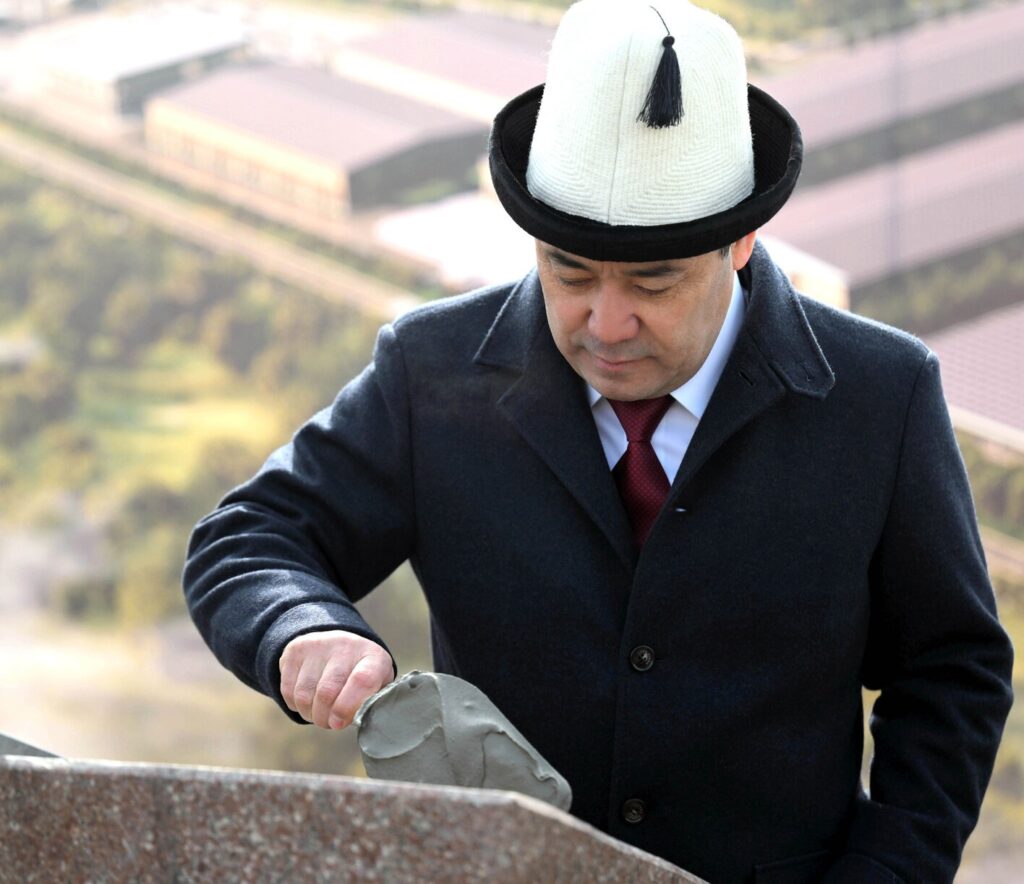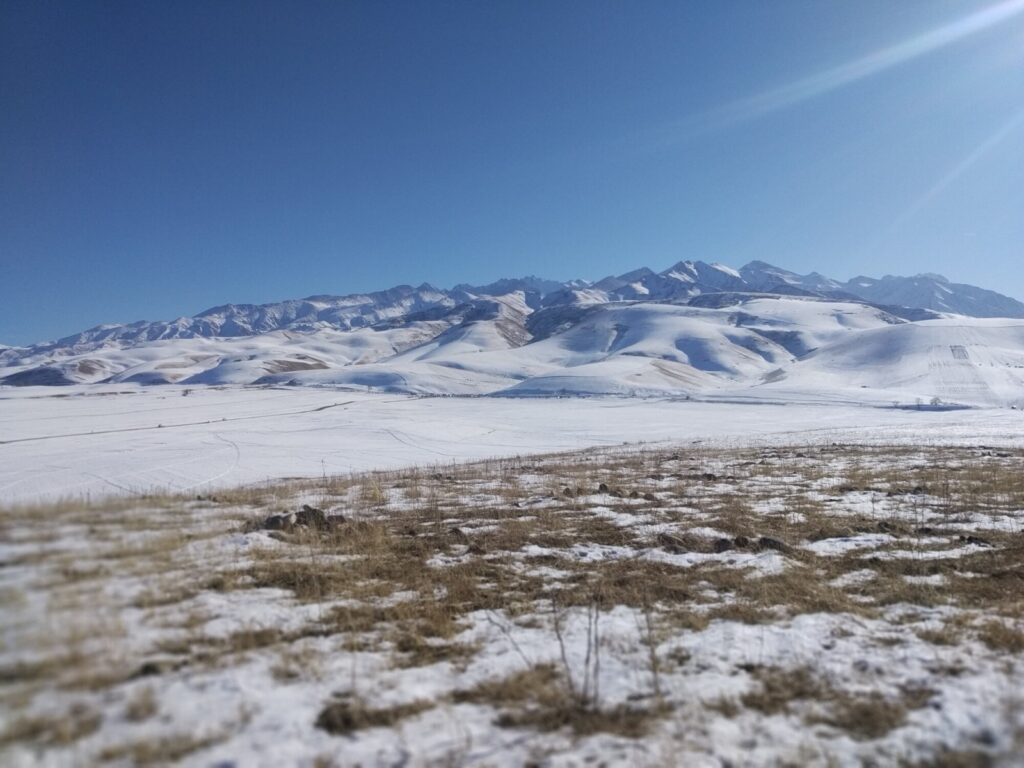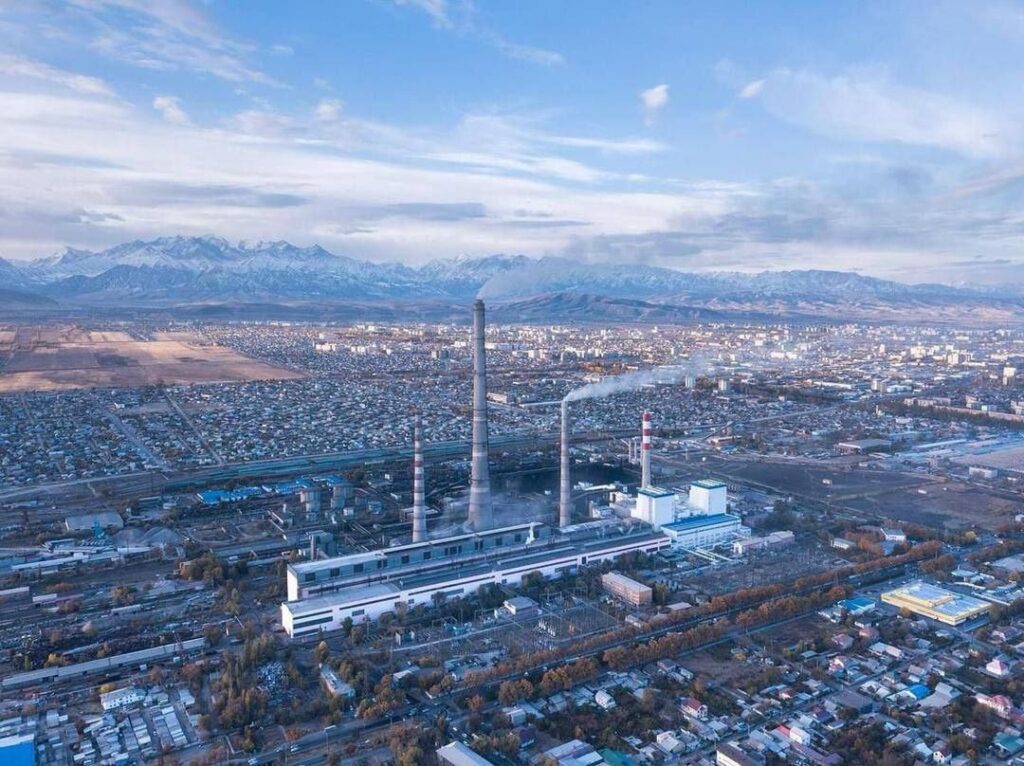Kyrgyzstan Measles Outbreak Registers 4,000 Cases
Bishkek is currently dealing with a measles outbreak, with cases also reported in the Chui and Jalal-Abad regions. Up to 85% of all those affected are children under the age of 10. The city of Bishkek's main immunization center stressed in a statement: "The main reason for the increase [...] remains a large number of refusals of routine immunization against measles and rubella among children and adults." According to Kyrgyzstan's Ministry of Health, 40% percent of people who refuse their innoculations say that they doubt the quality of the vaccine, with the rest refusing to immunize their children for religious reasons. This is in spite of the fact that under Kyrgyz law parents can face criminal penalties if they deliberately fail to seek medical help when a child's health is in danger. In response to the measles outbreak, the Ministry of Health mandated a strengthened immunization regime throughout the country, and pushed to vaccinate high-contact citizens. The National Immunization Calendar is also under review: currently the measles vaccine should be administered twice in a person's lifetime -- at one year, and at the age of six -- but Kyrgyz doctors want to add another dose at the age of two. In turn, the World Health Organization (WHO) says that children who have been in contact with a measles patient can be vaccinated as early as six months of age. According to the Ministry of Health's clinical guidelines for the diagnosis and treatment of measles, susceptibility to the disease is highest in children aged one to five. An outbreak of measles was observed in the republic last year as well. In September 2023 the Kyrgyz authorities appealed to the WHO for help. As a result, 755,500 doses of measles and rubella vaccine were delivered to Kyrgyzstan, and 750 temporary vaccination points were opened throughout the country. For the calendar year 2023, according to official data, 5,500 people fell ill, and doctors were unable to save nine children.








